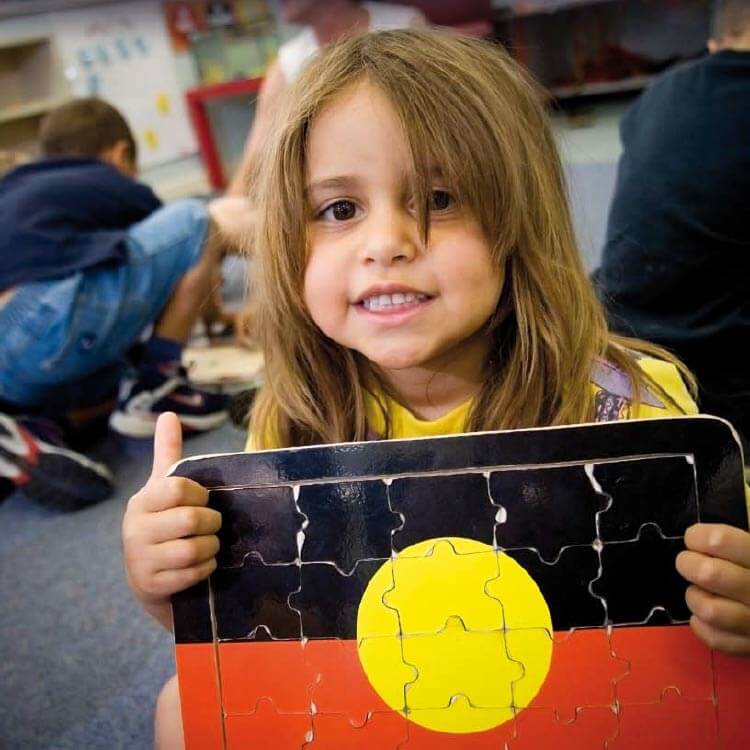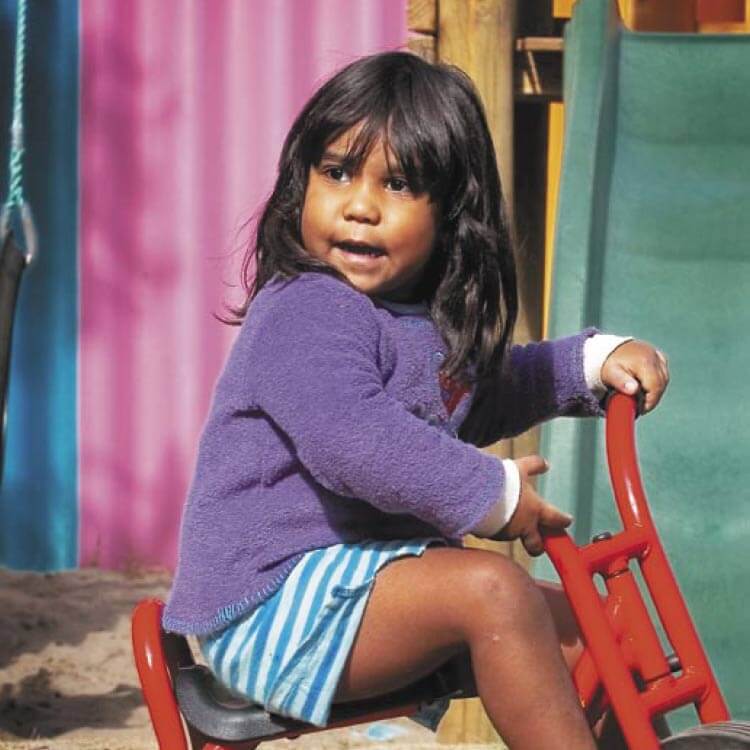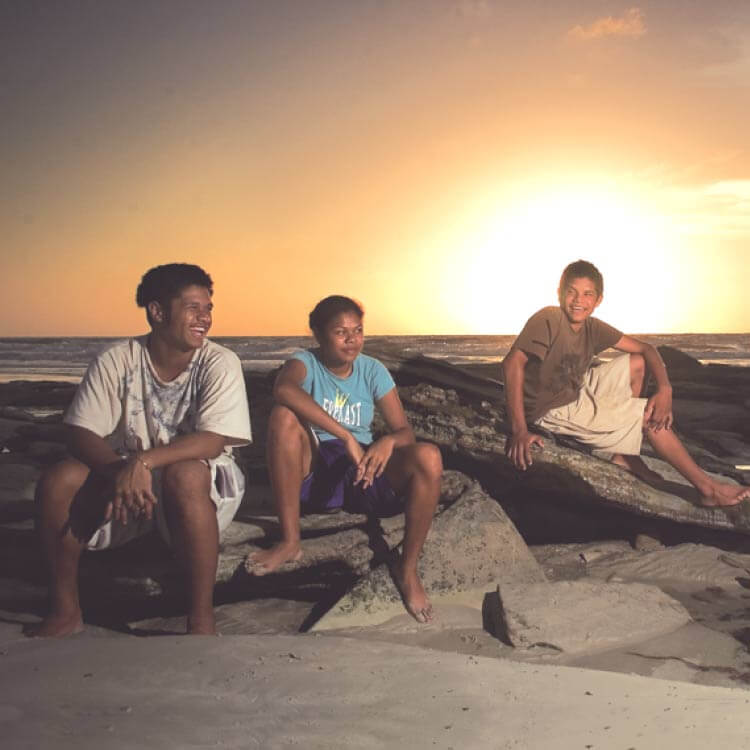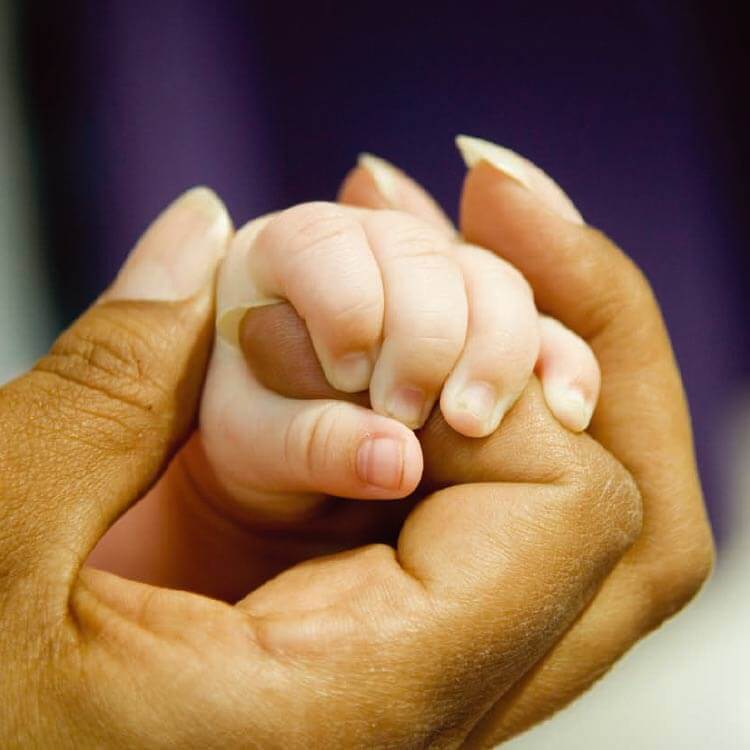



Ignoring warnings from researchers around the country that “it just can’t be done”, The Kids Research Institute Australia created history by surveying one in six indigenous children across the State and collecting vital information on just how this generation was travelling.
“The thing that staggered everybody was that 84 per cent of the indigenous families we approached put their hands up to take part,” said survey leader Professor Stephen Zubrick.”No one could believe that.
“This fundamentally changed the nation’s view. In fact, it was shortly after this that the Longitudinal Study of Indigenous Children for all of Australia was set up.”
Due to this initial widely-held belief of “an element of you’re dreaming”, the Institute had struggled to find a backer willing in 2000 and put up the entire $2 million needed for the landmark WA Aboriginal Child Health Survey. Instead, it had to rely on a patchwork quilt of funding with money from 11 institutions to make it happen.
“The indigenous families put their hands up partly because they trust the Institute,” said Professor Zubrick. “We were also working with Aboriginal people. We had them in our team and we had been to communities to do development work across the State. We listened to them. We said, ‘What do you think?’. We put questions in the survey that they wanted us to ask.”
The four volumes of survey results, based on a random sample of 5,300 indigenous children from remote, regional and city areas, have driven policy and change. Encompassing a 10 year period, they include the first epidemiological estimates of mental health morbidity.
“We were the first study to show and document that the experience of the Stolen Generation did have an effect on the next generation,” said Professor Zubrick.
”And that has actually been used in courts and human rights settings. Where people have come forward and said ‘We were wronged’, it has been used as evidence that there were real effects and Aboriginal people were not exaggerating or making this up.
“The other point we were able to make is that there is a higher rate of mental illness in Aboriginal children and young people that merits careful attention to the development of services.
“And there was a whole volume written on the educational experiences of Aboriginal children.
About WAACHS
The Western Australian Aboriginal Child Health Survey (WAACHS) was the most comprehensive survey ever undertaken looking at the health, wellbeing and development of Western Australian Aboriginal and Torres Strait Islander children.
More than 5,300 kids from Perth to the most remote communities in WA were involved.
